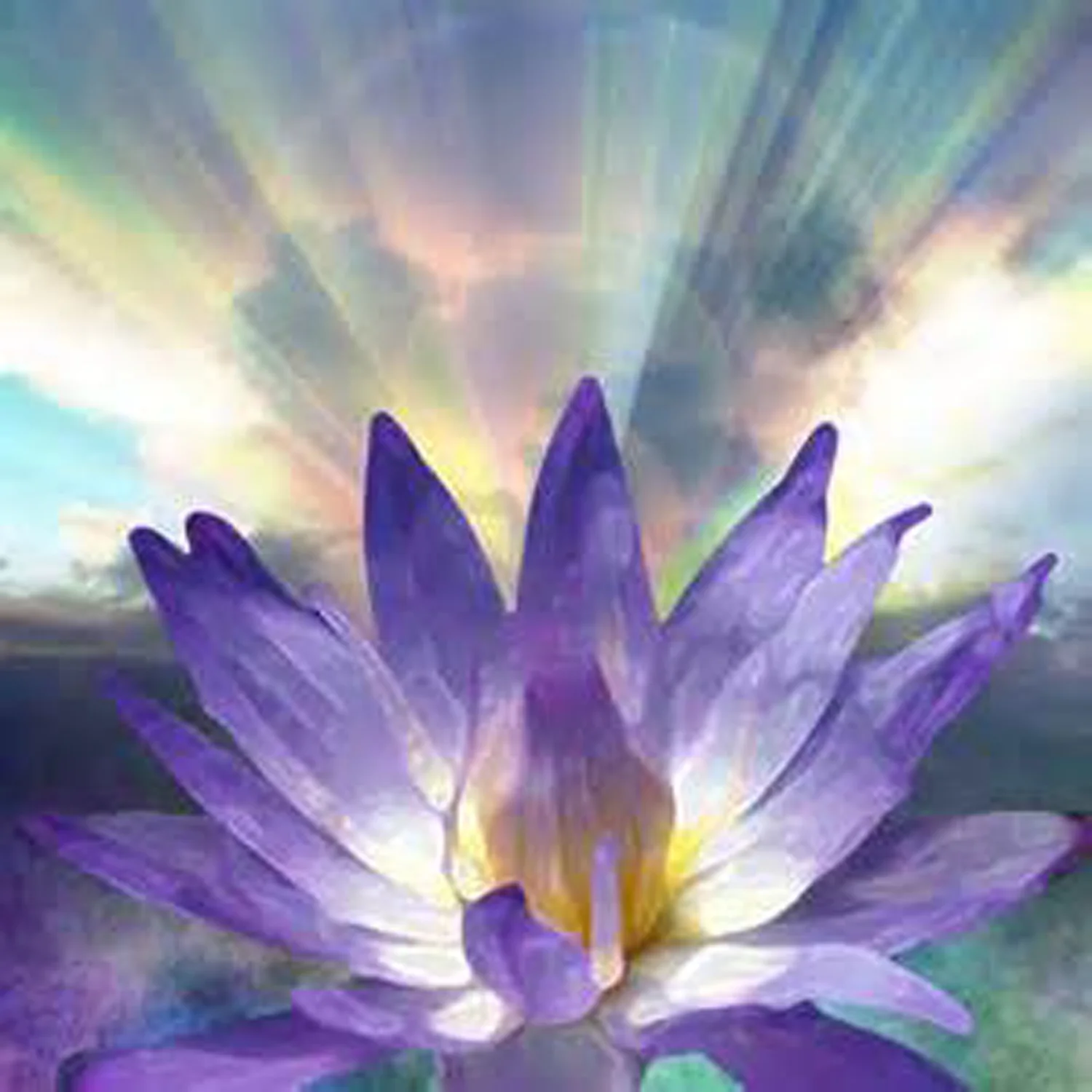It was only after 25 years of spiritual practice that I finally heard the spiritual expression “To wake Up!” So I know firsthand how easy it is to wander in and out of spiritual practices, fall into exotic energy experiences without knowing their true function, and explore the many pathways that lead to mystical experience, while knowing you are not quite finished.
Through a combination of deep meditation and energy work I had an awakening of kundalini energy is 1984. This begin with a great and ecstatic rolling of energy through my body from tailbone through the top of my head, and my heart opening in a spontaneous love I had never felt before, love for everything and everyone.
It shook me out of many psychological and emotional patterns and freed me from what I would call neurotic tendencies (based on my psychological training.) I was able afterwards to easily access bliss, to move forward in activities without being self-conscious or overly attached, and I can see now that there were many moments when I was momentarily awake and free of myself. And yet I could not believe this was real freedom, and I knew something more had to happen. I no longer felt drawn to seek a teacher or a teaching, yet I knew that I didn’t know if it was finished. It seemed highly unlikely to me.
Then one day, when I was in Switzerland to take some courses at the Jung Institute in Kusnacht, I found in the library at the Institute the collected teachings and letters of the great Indian sage Ramana Maharshi. There I discovered for the first time the teaching that there was only One Self, the implication being that I as a separate entity did not exist. My initial reaction was shock. I had thought I was an individual having some wonderful transformative experiences. Now I began to question just who it was that was having these experiences.
Several months of meditation were focused on this thought, that perhaps the I that had seemed to be a “me” was not real, and the real “I” was this universal presence that was alive in everyone, simply scattered into billions of reflections of itself. This was my introduction to Advaita Vedanta, which paradoxically led me ultimately into the arms of Zen.
As I begin to explore the teachings of non-dualism, through books, and occasionally with Advaita Vedanta teachers, the possibility of a universal Self, or as a Buddhist might say, the condition of having no personal self, became more comfortable, and the teachings on the direct or non-dual path resonated more and more with me. I was beginning to glimpse the possible condition of awakening, while still having no clear understanding of its implications. I knew a lot about kundalini awakening, heart awakening, spiritual awakening as it occurs within phenomena, but this other awakening, to the true nature or the real Self was still somewhat vague.
One day I heard about a young teacher who was doing something called Zen satsang in my neighborhood, so I stopped by to see who he was and what he was teaching. We had a pleasant exchange and I decided to do something I had never yet done, spend ten days in a silent retreat he was holding in a few weeks. I had meditated for nearly 30 years, but never sat in extended silence in the kind of program he offered.
Adyashanti is a western man with an ordinary life and a great gift for putting the power of the infinite into simple language. He himself awakened after 9 years of strenuous Zen practice under the guidance of two teachers, and embodied this awakening during six more years of practice. When he began to teach he sought a faster and more efficient method for his students. He admits he will say anything if it will “wake someone up.” He asks people not to believe his words, which are only noise in the silence, and not to make concepts out of any teachings. Only go into your own being, your own presence, and discover who you are. This Self-discovery is waking up.
As I sat with Adya in retreat my searching for truth with the mind melted entirely away, and consciousness fell through the heart into an awakening beyond any phenomena I had ever known. Remarkably, when I opened my eyes a new way of seeing was still there, and I realized, just as Adya had said, that the consciousness that looked through my eyes and was living my life was this one Self, this source that was the only thing real and eternal.
Zen is what happened when Buddhism moved from India to China, and took on the flavoring of Taoism. It focuses intensely on the present moment, on being the experience now, rather than the thought about it. In ancient Zen teachings the guidance to awakening was very indirect, so that nothing a teacher would say could be grasped by the mind. It was considered that no one could wake you up, but by blocking the tendency of mind to believe in its rational answers, and startling someone out of the complacency of thought, awakening could happen spontaneously in its own timing. Students were simply pointed toward nothing, and the teacher waited for realization to dawn. For many western minds this indirectness makes Zen unappealing or indecipherable, although over the decades it has attracted many intellectuals who loved it as a creative game for the mind, and to whom it seemed to offer an intellectual’s path to freedom.
As a young westerner without intellectual pretensions, when Adya woke up, he brought a new perspective into Zen teaching, an awakening through love. He used presence, relationship and speaking from his own direct experience to transmit the essence of Zen. He demonstrates the absolute naturalness and freedom of the awakened state.
Once you have glimpsed the human dilemma, of being caught in years of conditioning and a belief in a separate self, you can see the suffering that is caused by our efforts to make this separateness either special or acceptable or better or more powerful than other separate beings. You can see how governments and institutions and even religions are hopelessly entangled in concepts that do not serve humanity, and lead to division and conflict. This does not mean there is no value in the uniqueness of each human expression – these are the many facets of the One source. But when you see your own suffering, limitation and contraction (along with that in the world) you may be drawn to wake up, to find someone that can help you climb out of the mire of self-importance and come into the light of your true nature or spirit.
To wake up is to have a direct and undeniable realization of yourself as nothing, or at least nothing tangible, and to know the fullness of this spaciousness and consciousness as the source of everything. But words are only noise, as Adya has said, and these words too are far removed from the experience. To wake up is to know your Self, and can happen to you spontaneously when you have the willingness in a moment to surrender everything you tend to think you are. Waking up is the first step toward becoming free of yourself. Waking up, and in time the embodiment of this awakened spirit, is the only thing that can happen in a spiritual process that will make you feel complete.
*****
Please do not reproduce without written permission from the author
© Bonnie Greenwell Ph.D.

